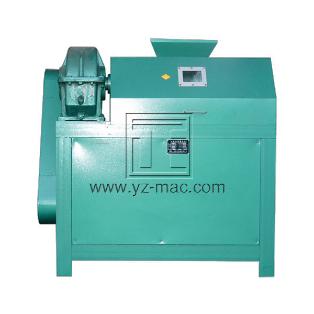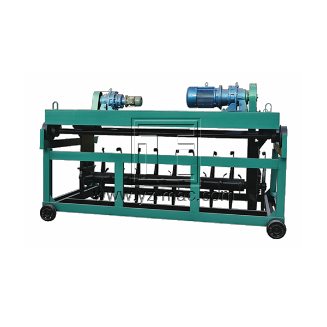Compost turner machine
A compost turner machine is a specialized equipment designed to optimize the composting process by promoting aeration, mixing, and decomposition of organic waste materials. It plays a crucial role in producing high-quality compost through efficient management of the composting piles or windrows.
Types of Compost Turner Machines:
Tow-behind compost turners are tractor-mounted machines that are pulled behind a tractor or other suitable equipment. They are commonly used in large-scale composting operations, such as commercial composting facilities or farms with extensive organic waste management needs. Tow-behind compost turners have a high capacity and can effectively handle large volumes of composting materials.
Self-propelled compost turners are standalone machines equipped with their own engine or motor. They have wheels or tracks for mobility, allowing them to move and turn composting piles independently. Self-propelled turners are versatile and suitable for medium to large-scale composting projects, offering flexibility in maneuvering around composting sites.
Applications of Compost Turner Machines:
Compost turner machines are extensively used in large-scale composting facilities, where significant amounts of organic waste need to be efficiently processed. They are employed in composting operations for municipalities, waste management companies, and commercial compost producers. Compost turners ensure effective aeration and mixing of the compost piles, promoting faster decomposition and producing high-quality compost.
Compost turner machines are valuable tools in agricultural operations, including crop farms, livestock farms, and organic farms. They help manage and process agricultural waste, such as crop residues, manure, and bedding materials. By turning and mixing the compost piles, these machines enhance decomposition, eliminate odors, and produce nutrient-rich compost for soil enrichment and organic fertilizer production.
Compost turner machines find applications in landscaping and garden centers, where organic waste, such as yard trimmings, grass clippings, and plant residues, is converted into compost. These machines enable efficient composting and help produce high-quality compost for use in landscaping projects, soil improvement, and the production of nursery plants and garden supplies.
Compost turner machines play a significant role in waste recycling and organic waste diversion programs. By effectively managing organic waste materials, these machines contribute to reducing the volume of waste sent to landfills and promote sustainable waste management practices. Composting the organic waste helps divert it from disposal sites and instead transforms it into valuable compost for various applications.
Conclusion:
Compost turner machines are indispensable in efficiently managing organic waste and producing high-quality compost. With various types available, including tow-behind turners, self-propelled turners, and specific models like compost turners, these machines cater to different scales of composting operations. From large-scale composting facilities to agricultural operations, landscaping, and waste recycling initiatives, compost turner machines enable effective aeration, mixing, and decomposition of organic waste. By utilizing a compost turner machine, you can optimize the composting process, enhance the quality of your compost, and contribute to sustainable organic waste management practices.







